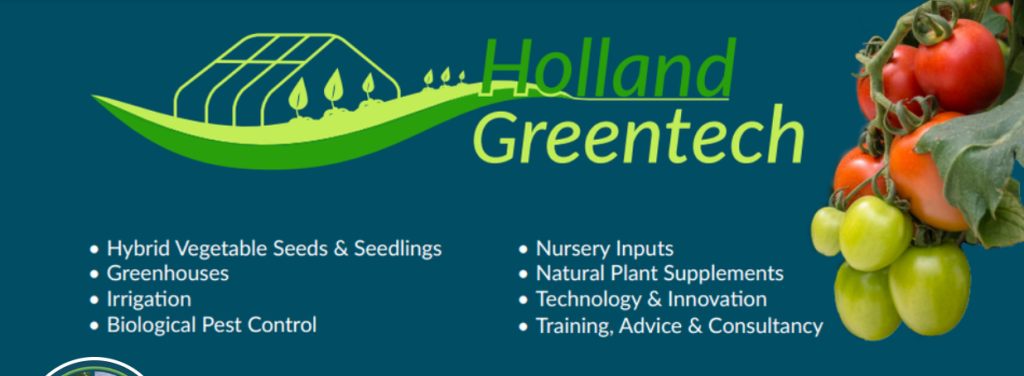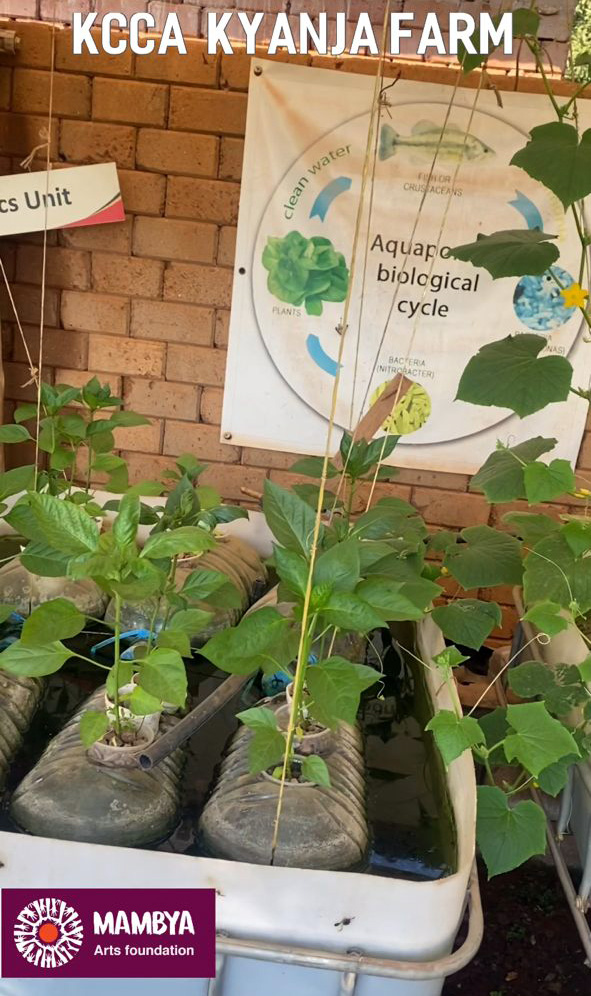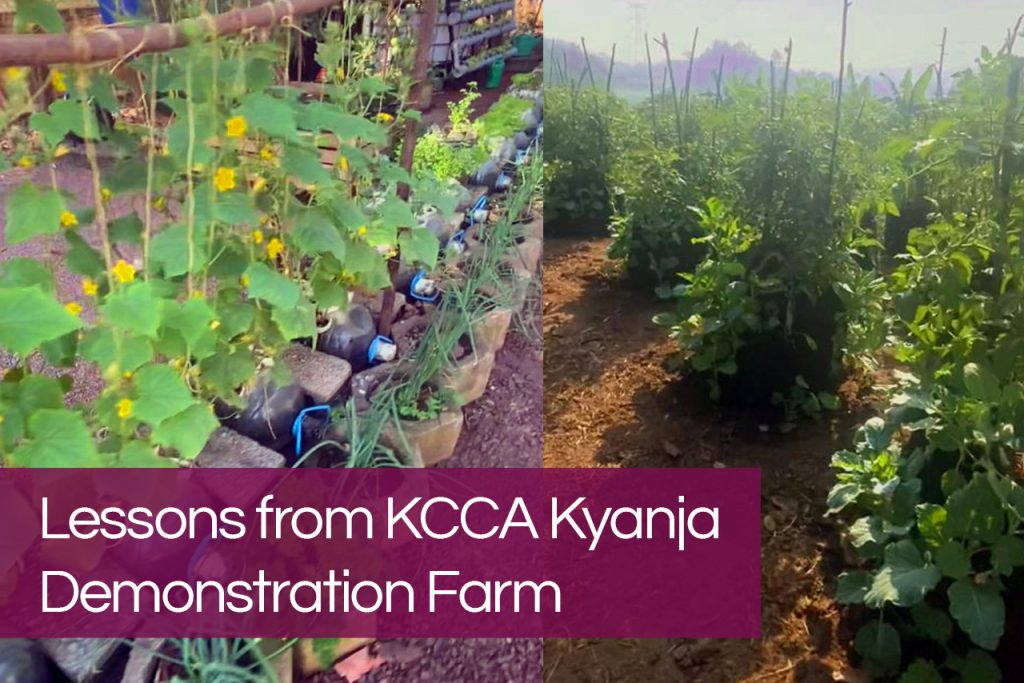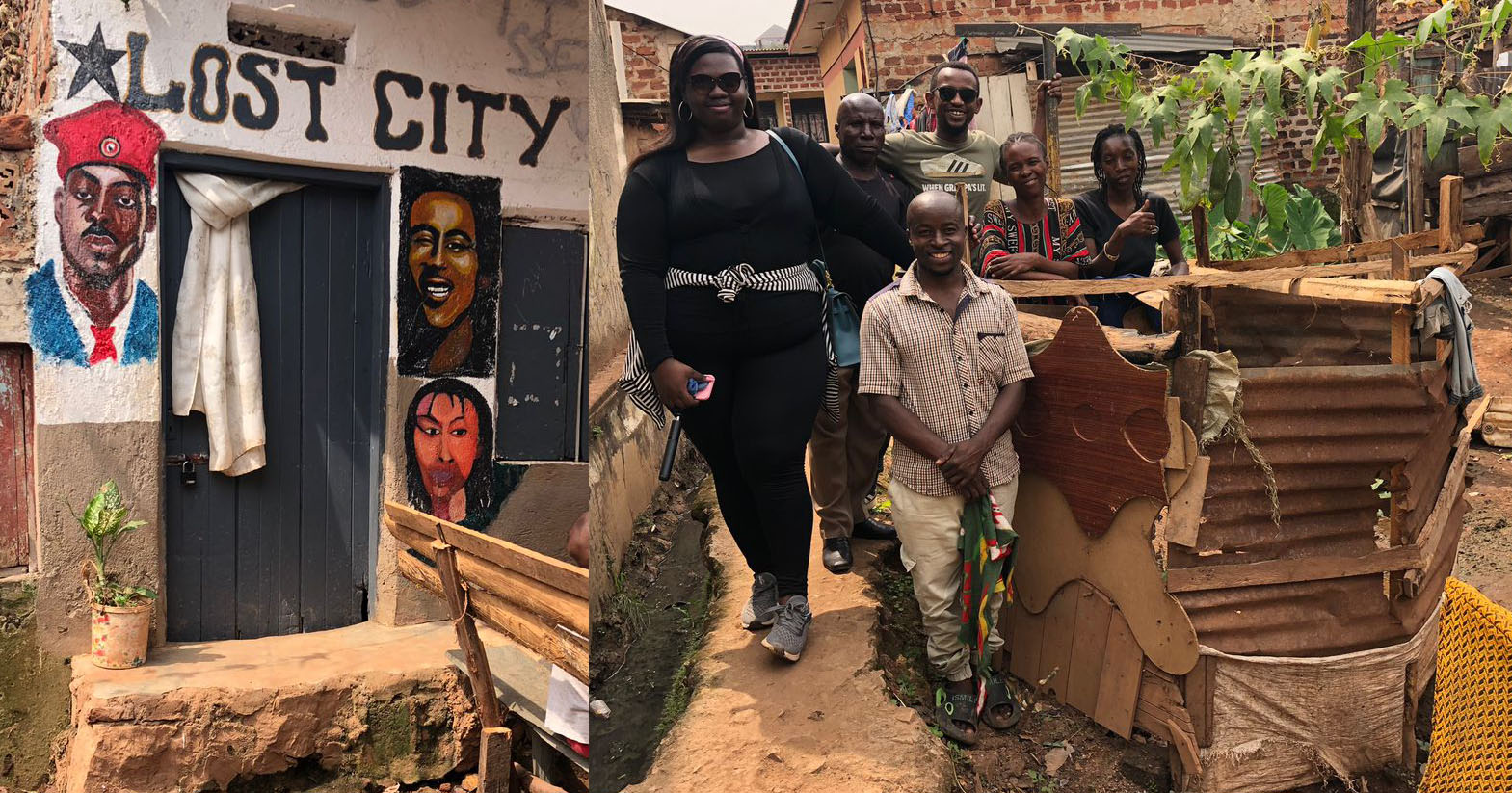June 15th, 2024

On a sunny Saturday, Joel and Erisa, farm managers at our Ewaka Farm, along with Kerry from Mambya Arts Foundation, and around 100 budding farmers, attended a comprehensive training session at the KCCA Kyanja demonstration farm, hosted by Holland Greentech, a leading horticultural company serving East Africa. Our team was eager to enhance their knowledge of sustainable nursery, orchard, forest, and training center management to further improve the practices at our Ewaka farm in Kayunga.

Training Highlights:

- Site Location: Emphasis was placed on selecting sites with a reliable water source, good soil quality, and easy access for crop transportation.
- Soil Analysis: We learned that ideal agricultural soil typically comprises 50% solids, 25% air, and 25% water, although this varies by soil type. Soil testing is essential for understanding nutrient content, pH levels, and overall soil health, allowing for informed fertilization and soil management decisions. This knowledge helps optimize crop yields, improve plant health, and prevent environmental harm by avoiding over-fertilization. Additionally, soil testing identifies potential issues such as contamination or salinity, enabling proactive measures like adding agricultural lime to balance soil acidity and maintain sustainable farming practices.
- Irrigation and Water Quality: Collecting rainwater or using groundwater is preferable, as NWSC-treated water contains chemicals unsuitable for human consumption. Water testing on the farm was advised to check pH levels and other quality indicators.

- Pest Management: Establishing a weekly pest inspection routine is as crucial as watering crops. Early detection prevents disease spread and plant damage. Identifying pests can be done visually or using sticky strips. Understanding pest life cycles, feeding habits, and hiding spots on plants is essential.
- Common pests include caterpillars, worms, beetles, tuta absoluta (Tomato leafminer), and millipedes.
- Fungus infections, such as Alternaria brassicicola (cabbage blight or powdery mildew), rely on other plants to grow, unlike chlorophyll-dependent plants.
- Hand-picking snails, especially from delicate plants like lettuce, is effective, though using hungry ducks or salt barriers is also recommended.

- Specific advice was given for vegetables like broccoli and tomatoes,
addressing issues like nematodes (roundworms) which can damage roots, stems, foliage, and flowers, preventing water and nutrient uptake. - Biological pest control methods, such as introducing predatory mites and wasps, were discussed as alternatives to chemical treatments, although some pests like Thrips may still require chemical intervention.
- Aquaponics – how to grown certain vegetables without soil
- Seedling Hardening: The hardening process, where seedlings are gradually exposed to their future external environment, helps them acclimate to sun and rain, strengthening them before being transplanted to their final location.
- Agricultural Resources: We were informed about various radio shows offering agricultural advice, such as Simba, CBS, and Mega FM.
We highly recommend visiting the KCCA Kyanja site for any aspiring farmer looking to gain valuable agricultural insights!
Check out our video highlights of the site:



